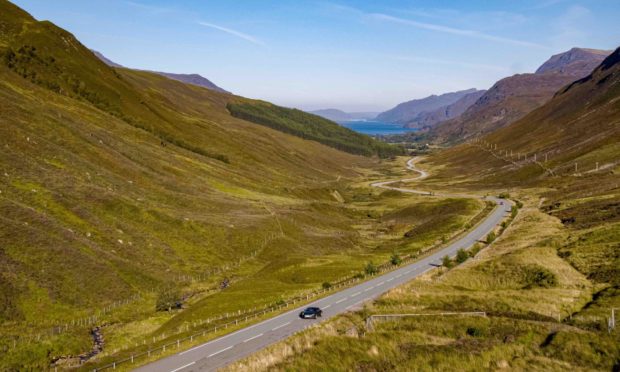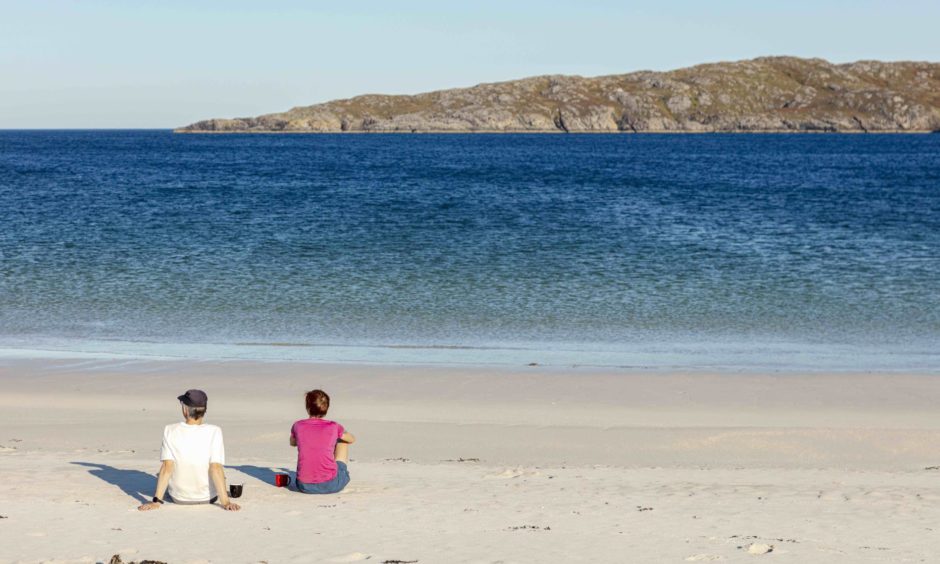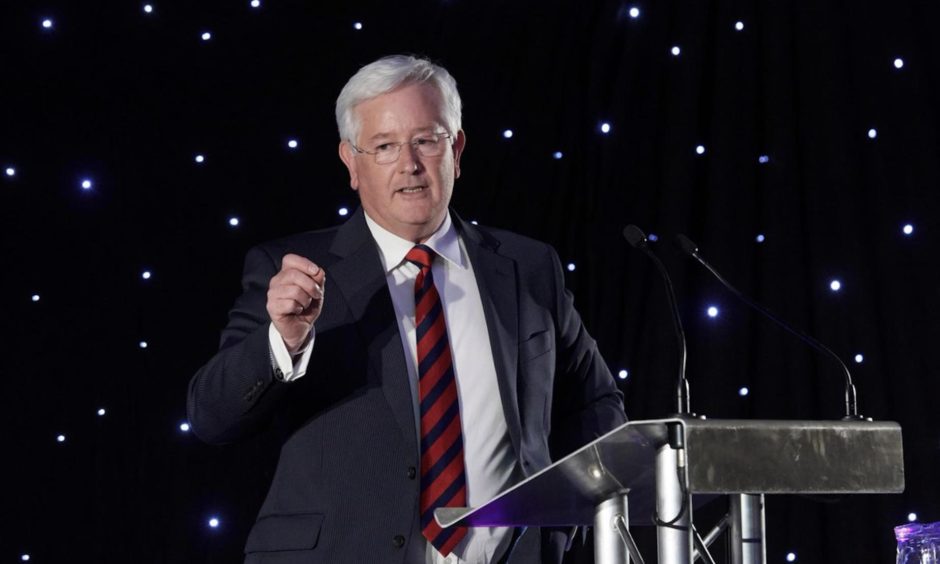The majority of visitors forced to postpone trips to the North Coast 500 during the pandemic plan to return when restriction lift, a new survey has found.
Thousands of tourists had to put their travel plans on hold due to Covid restrictions. But the survey by the famous Highland tourist route shows 57% have rescheduled their trip for this year and 18% aim to visit in 2022 or later.
The survey was sent out at the beginning of November to more than 13,000 website subscribers who were asked how Covid affected their holiday plans.
Visitors indicated that they plan to spend an average of 11 days exploring the Highlands, similar to figures in the June 2020 survey but an increase from an average of 9 days recorded in 2019.
Feedback also shows 36% of visitors said the Covid-19 pandemic had an impact on their decision to use a particular type of accommodation. Of that group, most stated that they had switched to either camping, campervan or small self-catering.
More than a third of visitors plan to stay exclusively in hotels during their time on the route, an increase of 8% compared to the June 2020 survey. One in four visitors will stay in guest houses and B&Bs whilst exploring the NC500.
A total of 96% who have already completed the route said they would recommend the route to others.
Tom Campbell, executive chairman of North Coast 500, said: “After an incredibly tough year, it’s very promising to see a significant number of visitors planning to visit the North Coast 500 this year and in 2022 when travel restrictions have been lifted by the Scottish Government. This is a positive sign for the re-emergence of the tourism industry in the North Highlands.
“The 2020 NC500 visitor survey responses are fundamental to driving forward our future strategy. We will be utilising our regular webinars to address the feedback given and discuss with key representatives from VisitScotland, Highlands & Islands Enterprise, Highland Council and Police Scotland.
“Once government restrictions have been lifted, we look forward to welcoming visitors back to this beautiful part of the world.”
But he advised visitors to check local travel advice, book accommodation in advance, plan their exact route and have all the necessary information and equipment.
The route, which marked its fifth anniversary in 2020, was last year estimated to have boosted the economy by £22.89 million and created around 179 full-time jobs.
Last month tourism businesses on the NC500 said they are preparing a post-lockdown campaign to woo back visitors and promoting responsible and sustainable tourism in the north Highlands once restrictions ease.
But the prospect of an eventual re-opening of tourism in the area has raised concern about a return of dirty camping which blighted many areas of the Highlands last year.
David McBain, chairman of Historic Assynt, one of the groups that witnessed unsocial behaviour among some campers, said: “It will mean the same issues as last year when people were camping in inappropriate places, leaving their rubbish and excrement behind them.
“It’s not by any means a majority, it’s a minority who are to blame and give everyone else a bad name. Yes, I can understand people wanting to get away, but I would urge them to be responsible.
“My advice would be that if there is not a sign saying ‘campers welcome’ then they are probably not.”
Mr McBain said hotels and B&Bs are “going through hoops” to ensure premises are Covid-safe: “I would say to people don‘t even consider campervans, make use of the people that are putting money into making your holiday safe.


